If you’re an amateur performer that just does a few effects, or a full-time performer that has a complete act, one thing you should be aware of is paying attention to the narrative or premise of each effect. Also, you must pay attention to this when you look at the entire act you’re performing.
If you don’t pay attention to your set, to the audience, it may seem like you’re repeating or contradicting yourself throughout the performance. Let’s talk about a few things to make sure you don’t make this mistake when performing.
Ambitious Card is probably one of the most performed effects. Oftentimes other effects borrow an ambitious phase or two even though the effect is different. So, Ambitious Card and Jumpin’ Gemini (just to name a few) do not belong in the same set. Don’t combine multiple Triumph effects or multiple location effects. Repeating premises are easy to see. However, contradicting premises may be harder to see.
One of the most common examples of contradicting premises I see is during an Ace-cutting sequence. The performer wants to show his ability to locate four Aces from a shuffled deck. However, before he starts his demonstration, he must go through the cards to find and remove the Aces first. Then they’re lost in the deck again… and then he locates to them again. This doesn’t make any sense. If you claim to have the ability to locate cards from a shuffled deck, just do it.
Here’s another example of inconsistent premise that may be harder to see. Imagine what a poker tell effect should look like. The performer asks a spectator to think of a card and through reading tells, he divines the card. Since we can’t do this, we do the next best thing, and that is for the spectator to pick a card and then we divine it. This is a great effect and I can attest to remarkable reactions it gets. However, here’s a problem I see with this effect from time to time. The performer has a card selected by making the spectator count out anywhere from 1 to 20 cards in a deck that wasn’t shuffled. They then add the two digits together, count back into the pile that many cards, use that new card to count down to a card in a second deck, and five minutes later the performer is walking the spectator through Jordan and Gilbreth principles. If you really can read poker tells, why did you have the spectator go through a seven-minute selection process? Yes the selection process is fair, but it’s undercutting the reading tells aspect of the effect.
Here’s another premise issue that I’ve been called out on. I do a lot of tracking effects. A card is named or picked, and I can shuffle the cards and tell the audience the exact position of the card. Over and over, I shuffle and prove that the card is where I say it is. It’s very impressive to the audience. However, following this effect, I can’t have a card selected and shuffle it into the deck and claim I don’t know where it is. You must do the pick-a-card effect first. Then do the tracking effect later.
If you claim to straighten out face-up and facedown cards using magic, don’t do it the “hard way” minutes later in your show. If you claim to know the unknown, don’t ask someone for unknown information later in your show. If you say every deck has a secret mark on it, don’t divine a card later in the show and claim it’s magic. Putting your effects together in the right order can solve some of these issues. But other times, you’ll need to be sure you don’t do certain effects together in the same show.
The key is to realize what abilities you’re claiming to have. This must be clear in your mind during each effect and during your entire show. You have the power to do these amazing things and that power shouldn’t go away immediately after you demonstrate them. (Unless you claimed it was a temporary power. See how this works?)

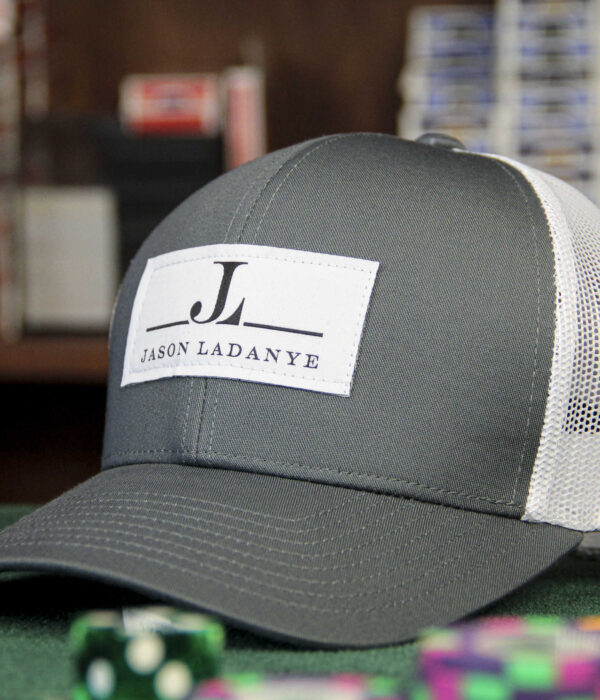
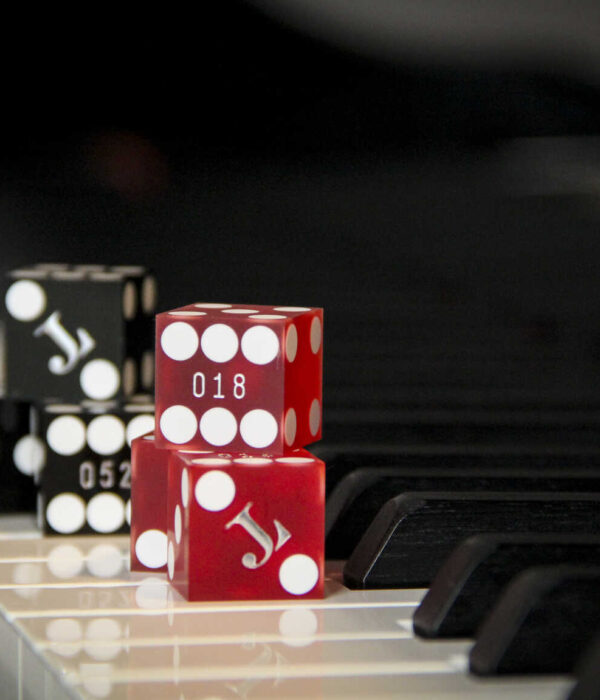
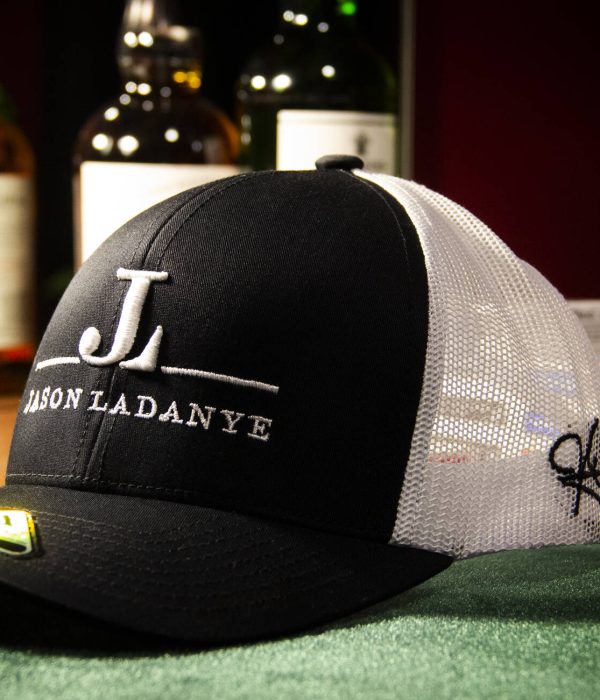
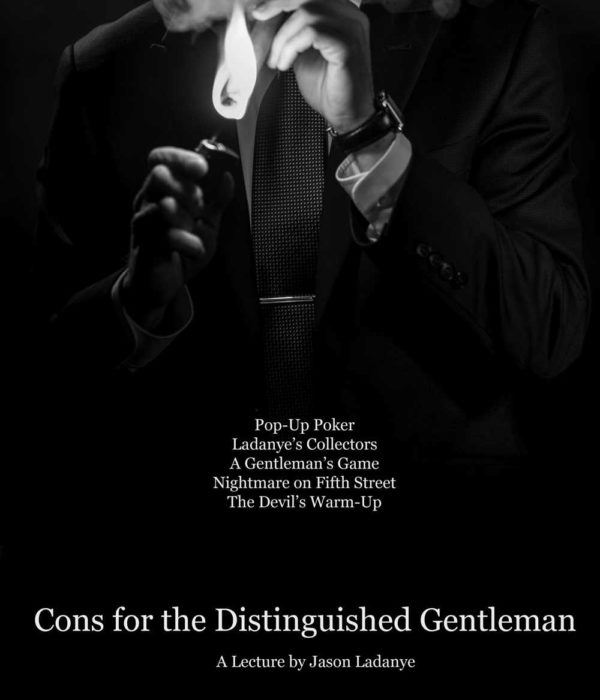
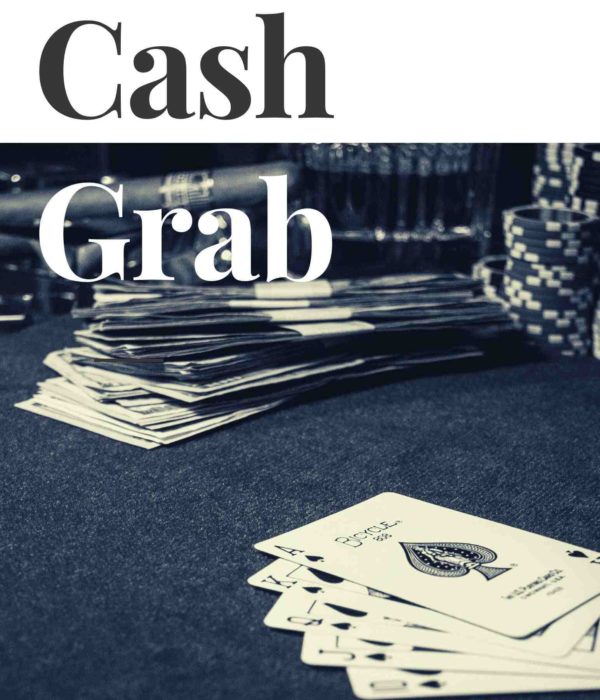
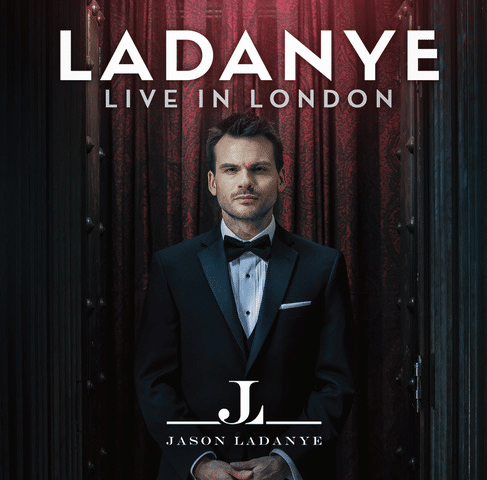
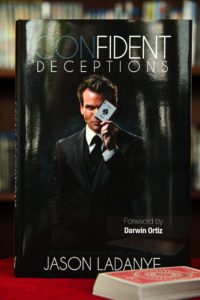
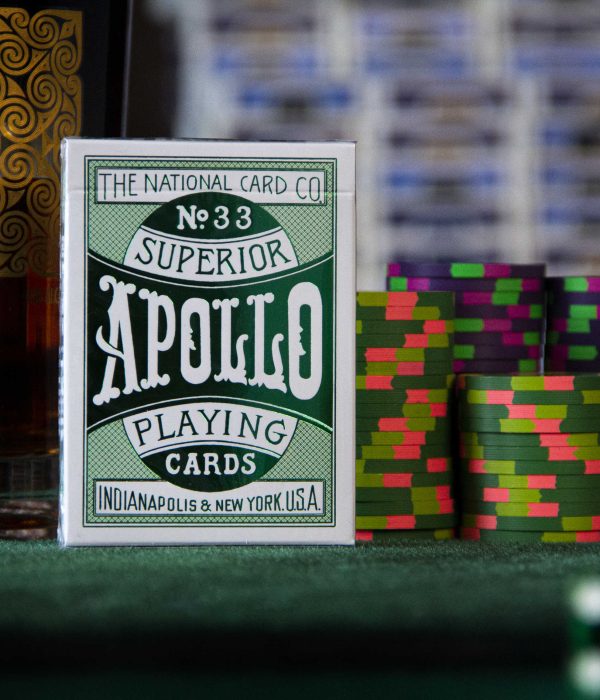
Comments are closed.
For me the premise is the cause of what makes the magic happen. Whether that be wiffle ball dust or supernatural card skill. I have a new premise I’m working on that I wrote last year while I was getting treatment. After performing it a few times, I’m keeping the premise but completely altering the trick. I had an epiphany after doing it at an Open Mic Sunday night that changing the trick could make my premise stronger. My teacher has this saying that sometimes we have to kill our darlings. And that’s the case here because I love that original trick and created the script with that trick in mind. I’ll find out at tonight’s open mic if the other trick is stronger.
Reminds my of what my old acting teacher would often tell us.
Always remember you’re telling a story.
And of course – Keep it simple.
Beautiful! You said it perfectly. When I put together effects for the restaurants I always try to group them into threes. I always ask myself “which one builds to the next?” And “How close in effect are these?” Over the years I have created, learned and modified many effects but they don’t always fit into a set. So, they sit and wait until there is something else that will help fit it into a routine. It’s like one of those mosaic pictures. Each little picture on its own is great but when you put all those pictures together and step back WOW!!
Thanks Jason, You’re work inspires so many!
I completely agree with this. I always take into consideration if tricks are too similar. I definitely will now think about effects contradicting each other. Thank you for this tips. You have very strong routines. Also, did that effect end up being stronger?